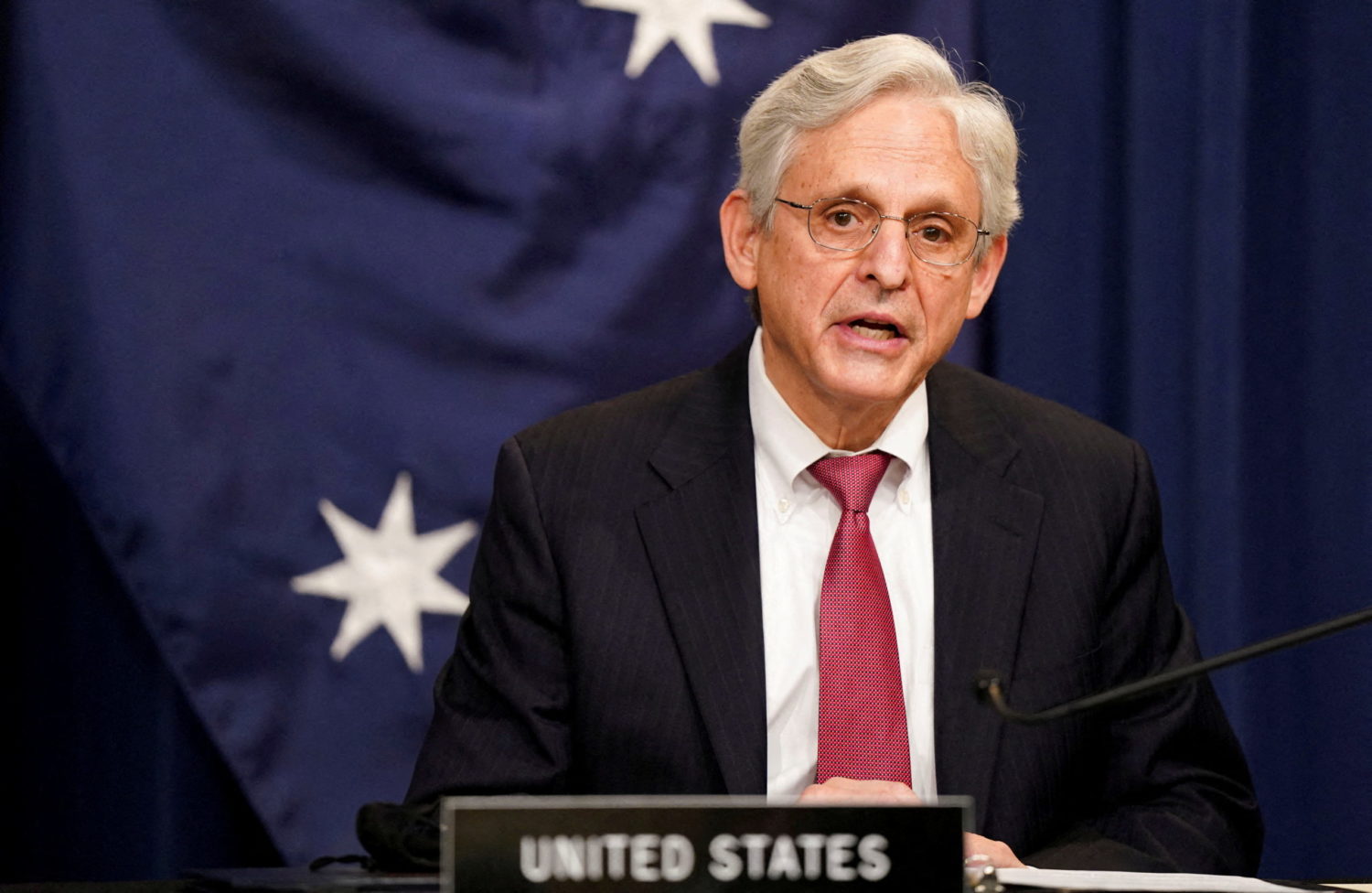
By Valerie Vande Panne
BOSTON (Reuters) – Actress Felicity Huffman, the first parent sentenced in a wide-ranging U.S. college admissions cheating scandal, was given a 14-day prison term and apologized for her actions on Friday after pleading guilty to paying to rig her daughter’s entrance exam.
U.S. District Judge Indira Talwani sentenced Huffman, the 56-year-old former star of the popular television series “Desperate Housewives” and one-time Academy Award nominee, in federal court in Boston. The judge also ordered Huffman to pay a $30,000 fine and complete 250 hours of community service.
“My first apology is to you,” Huffman told the judge immediately before the sentence was issued.
“I realize now as a mother that love and truth must go hand in hand, and love at the expense of truth is not real love,” the actress said. “I will deserve whatever punishment you give me,” she added.
Huffman was released from court after the judge ordered her to report to prison on Oct. 25.
Prosecutors had recommended a sentence of one month behind bars after Huffman tearfully entered a guilty plea in May to conspiracy related to her payment of $15,000 to have someone secretly correct her daughter’s answers on the SAT standardized test used for college admissions.
U.S. Attorney Andrew Lelling had also recommended a $20,000 fine and one year of probation.
Huffman’s attorneys, calling the actress “remorseful” and “deeply ashamed,” had urged the judge to allow her to remain free on one year’s probation, complete 250 hours of community service and pay a $20,000 fine.
Huffman and her husband, actor William H. Macy, looked somber when they arrived at the federal courthouse, holding hands, ahead of the sentencing.
Huffman is among 51 people charged in a vast scheme in which wealthy parents were accused of conspiring to use bribery and other forms of fraud to secure for their children admission to prominent U.S. universities. These schools included Yale, Stanford, Georgetown, the University of Southern California, the University of Texas and Wake Forest.
More than 30 parents were charged in the investigation dubbed Operation Varsity Blues, also including actress Lori Loughlin, who starred in the TV series “Full House,” and her designer husband Mossimo Giannulli, as well as a host of corporate executives, financiers and lawyers. Unlike Huffman, Loughlin and Giannulli pleaded not guilty.
The scandal cast a spotlight on the advantages of wealth in college admissions and the lengths to which some rich Americans have gone to get their children into top universities at the expense of other applicants.
Prosecutors said the accused parents acted with the help of William “Rick” Singer, a California college admissions consultant who pleaded guilty in March to helping bribe university sports coaches to present clients’ children as fake athletic recruits. Singer’s sentencing is set for later this month.
‘MY OWN INTEGRITY’
Huffman, who won an Emmy award for “Desperate Housewives” and was nominated for an Oscar as best actress for her role in the 2005 film “Transamerica,” said the cheating scheme was proposed by Singer.
Huffman said her daughter Sophia was unaware of the scheme until the actress was arrested on March 12. The actress said her daughter was 4 years old when Huffman first started trying to help her deal with learning disabilities.
“I find Motherhood bewildering,” Huffman said in a letter to the judge before sentencing.
“My daughter looked at me and asked with tears streaming down her face, ‘Why didn’t you believe in me? Why didn’t you think I could do it on my own?’ … I have compromised my daughter’s future, the wholeness of my family and my own integrity,” Huffman said in her letter.
Macy, 69, said their daughter “certainly paid the dearest price” when her desired school – which remained unnamed in court documents – rescinded its acceptance of her after Huffman’s arrest. Macy was not charged.
“She had been accepted into a few schools but her heart was set on one in particular which, ironically, doesn’t require SAT scores,” Macy said in a letter to the judge.
“She started as one of several thousand applicants and after making it through many auditions, she flew to the school two days after her mom’s arrest for the final selections. When she landed, the school emailed her withdrawing their invitation to audition,” Macy said.
Prosecutors had told the judge it was important that the sentence include time behind bars.
“Incarceration … would provide just punishment for the offense, make it clear that this was a real crime, causing real harm, and reinforce the vital principle that all are equally subject to the law regardless of wealth or position,” Lelling said in pre-sentencing documents.
(Additional reporting by Barbara Goldberg in New York; Editing by Bill Berkrot and Will Dunham)












